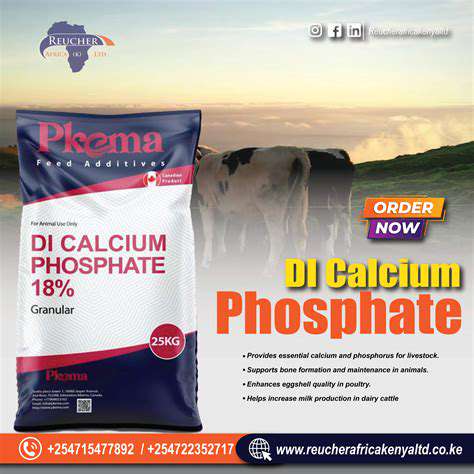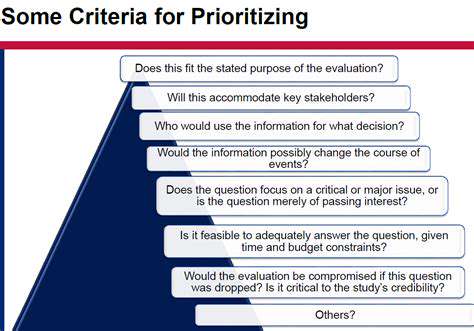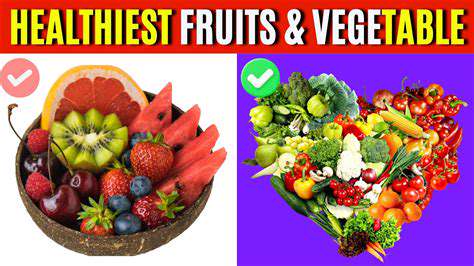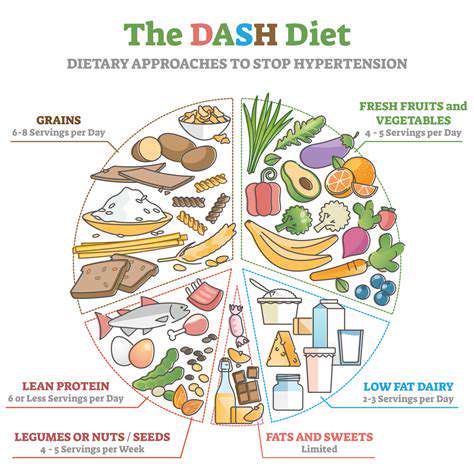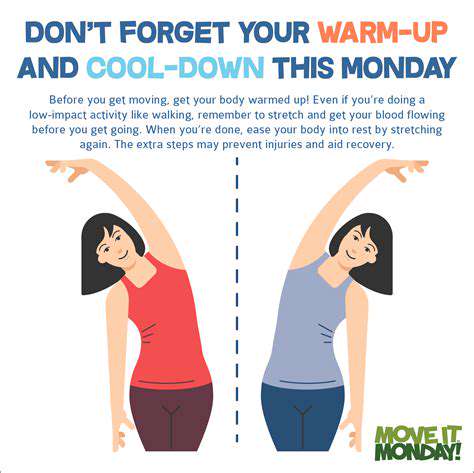Guide to Understanding Vitamins and Minerals
Vitamin A stands as a cornerstone nutrient for maintaining optimal eyesight and robust immune defenses. The human eye relies heavily on this vitamin to produce rhodopsin, the retinal pigment that transforms light into neural signals our brain interprets as vision. Beyond visual health, vitamin A serves as the body's frontline defender by maintaining mucous membrane integrity - these moist tissue barriers trap pathogens before they can cause infection.
This versatile nutrient also orchestrates cellular growth patterns throughout the body, influencing how cells specialize and mature. When vitamin A levels drop too low, the consequences manifest dramatically - from difficulty seeing in dim light to increased susceptibility to infections and impaired wound healing.
Vitamin C: Nature's Cellular Shield
This water-soluble antioxidant wages constant battle against destructive free radicals, unstable molecules that accelerate aging and contribute to chronic diseases. Vitamin C's most celebrated role lies in collagen production - the structural protein that literally holds our bodies together, forming the framework for skin, blood vessels, and connective tissues.
The immune-boosting properties of vitamin C make it particularly valuable during cold and flu season. Historical sailors learned the hard way what happens without it - scurvy's telltale symptoms of bleeding gums and slow-healing wounds serve as stark reminders of this vitamin's importance.
Vitamin D: The Sunshine Hormone
Unlike other vitamins, vitamin D functions more like a hormone, regulating calcium absorption and bone mineralization. Its influence extends far beyond skeletal health, with receptors found in nearly every tissue of the body. Modern research continues to uncover new roles for this nutrient in immune modulation and cellular communication.
Vitamin E: The Membrane Protector
As a fat-soluble antioxidant, vitamin E specializes in safeguarding cell membranes from oxidative damage. This protective role becomes increasingly important as we age, when cumulative free radical damage can contribute to various degenerative conditions.
Vitamin K: The Clotting Conductor
This often-overlooked nutrient serves as the maestro of blood coagulation, directing the production of clotting factors in the liver. Emerging research reveals its equally vital role in bone metabolism, working synergistically with vitamin D to maintain skeletal integrity. Newborns routinely receive vitamin K injections to prevent dangerous bleeding disorders.
The B Vitamin Complex: Energy's Supporting Cast
These water-soluble nutrients form an intricate network supporting energy production at the cellular level. From converting food into ATP to manufacturing red blood cells and neurotransmitters, B vitamins serve as essential cofactors in hundreds of biochemical reactions. Their collective impact touches nearly every aspect of human physiology.
Essential Minerals: The Body's Silent Partners
While not technically vitamins, minerals like calcium, magnesium, and potassium work alongside vitamins to maintain physiological balance. These inorganic elements regulate everything from muscle contractions to nerve impulses, often serving as electrical conductors or structural components within the body. The delicate interplay between minerals creates the foundation for optimal health.
Free verse poetry, much like human nutrition, thrives on diversity and flexibility rather than rigid structures. Both domains demonstrate how breaking from traditional forms can lead to more authentic, functional expressions of vitality.
Obtaining Nutrients: Food First Approach
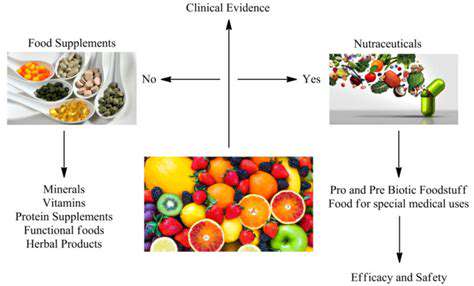
Whole Food Nutrition: Nature's Perfect Package
Nutrient-rich whole foods offer more than just isolated vitamins - they provide complex matrices of fiber, phytonutrients, and bioactive compounds that work synergistically. Dark leafy greens deliver vitamin K alongside chlorophyll and magnesium, while citrus fruits combine vitamin C with flavonoids that enhance its absorption and effectiveness. This nutritional orchestra plays best when we consume the entire composition nature designed.
Processed foods represent the nutritional equivalent of empty promises - stripped of beneficial components while loaded with metabolic disruptors. The modern epidemic of obesity and chronic disease stems largely from trading nutrient-dense traditional diets for convenient but impoverished food products. Returning to whole food sources represents the most powerful nutritional intervention available.
Supplementation: Strategic Support When Needed
While whole foods should form the foundation, targeted supplementation can address specific gaps created by modern lifestyles. Vitamin D deficiency has become pandemic due to indoor occupations and sunscreen use, while soil depletion has reduced mineral content in produce. High-quality supplements serve as nutritional insurance policies, but they should never replace dietary improvements.
The supplement industry's wild west landscape demands careful navigation. Third-party testing, bioavailable forms, and appropriate dosing separate effective products from marketing hype. Personalized nutrition, guided by testing and professional advice, represents the future of intelligent supplementation.
